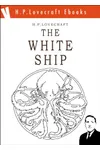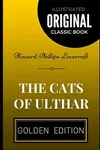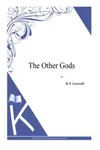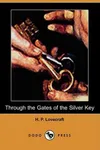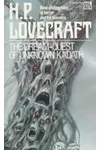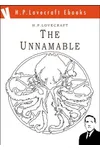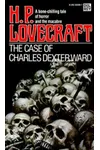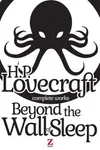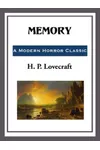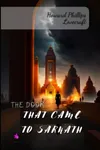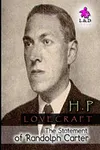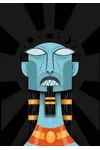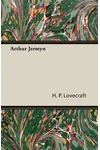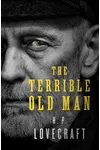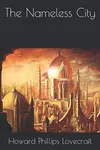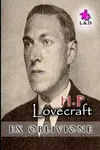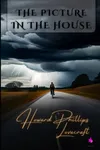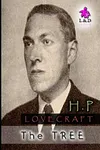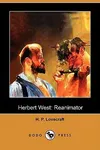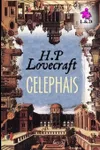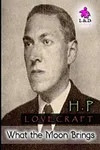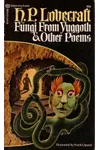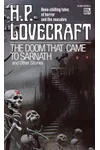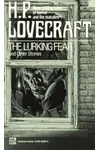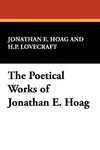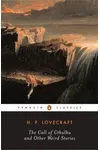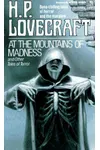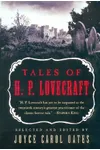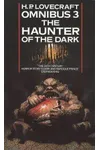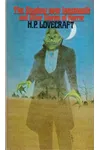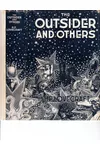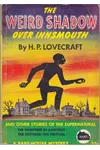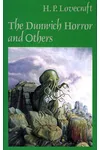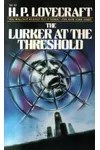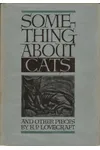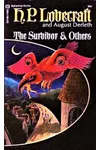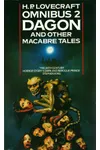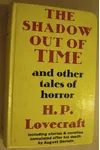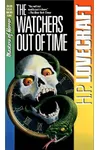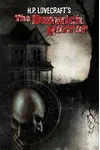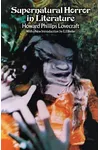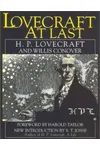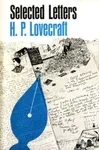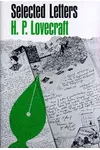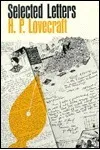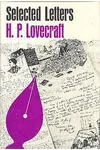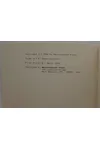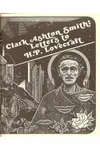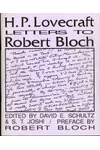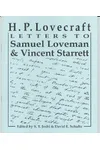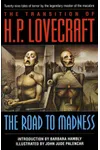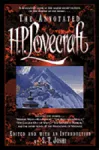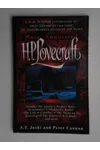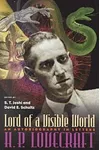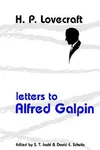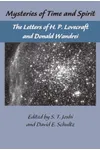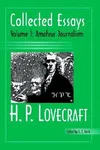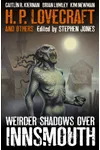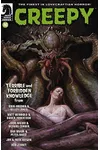Picture a reclusive New Englander spinning tales of cosmic dread that still haunt us today—meet H.P. Lovecraft! Born in 1890 in Providence, Rhode Island, Lovecraft crafted a unique brand of horror that blended the eerie unknown with ancient, godlike entities. His stories, often penned in obscurity, have become a cornerstone of modern horror, inspiring everyone from Stephen King to Guillermo del Toro.
Despite his struggles with poverty and poor health, Lovecraft’s imagination knew no bounds. His tales of forbidden knowledge and otherworldly terror continue to captivate readers, proving that sometimes the most frightening monsters lurk just beyond the stars.
The Making of H.P. Lovecraft
Howard Phillips Lovecraft grew up in Providence, a shy, bookish child raised by his mother after his father’s early death. Fascinated by astronomy and gothic literature, young Lovecraft devoured works by Edgar Allan Poe and began writing his own stories as a teen. Financial struggles and a nervous disposition kept him from college, but his self-education through books and correspondence with other writers shaped his unique voice.
By his 20s, Lovecraft was contributing to pulp magazines like Weird Tales, where his stories first gained a cult following. His love for New England’s history and architecture often seeped into his work, grounding his cosmic horrors in eerily familiar settings.
H.P. Lovecraft’s Unforgettable Stories
Lovecraft’s stories are a masterclass in cosmic horror, a genre he pioneered. His tales often explore humanity’s insignificance against vast, indifferent entities. His writing style, rich with archaic language and vivid descriptions, pulls readers into unsettling worlds where curiosity leads to madness.
Among his most famous works is The Call of Cthulhu (1928), which introduces Cthulhu, a monstrous, slumbering deity worshipped by a secretive cult. The Shadow over Innsmouth (1936) tells of a decaying coastal town hiding a terrifying secret tied to aquatic creatures. At the Mountains of Madness (1936) follows an Antarctic expedition uncovering ancient, alien ruins. The Dunwich Horror (1929) weaves a tale of rural decay and a monstrous entity born from forbidden rituals. These stories, part of his “Cthulhu Mythos,” remain iconic for their chilling atmosphere and imaginative scope.
Lovecraft’s themes of existential dread and the unknown resonate because they tap into universal fears. His ability to blend science, mythology, and horror set him apart, making his work feel both timeless and unnervingly modern.
Why H.P. Lovecraft Matters
Lovecraft’s influence stretches far beyond his lifetime. His Cthulhu Mythos inspired a shared fictional universe adopted by writers like August Derleth and Neil Gaiman. His work has fueled films, games, and even heavy metal music, with Cthulhu becoming a pop culture icon. Lovecraft’s ability to evoke awe and terror continues to shape horror, fantasy, and science fiction.
Though his personal views, including racist attitudes, have sparked debate, modern readers and creators engage with his work critically, celebrating its imagination while acknowledging its flaws. Lovecraft’s legacy proves that even a solitary writer can change the world—one eldritch tale at a time.
- Born: August 20, 1890, Providence, Rhode Island
- Died: March 15, 1937
- Key Works: The Call of Cthulhu, The Shadow over Innsmouth, At the Mountains of Madness
- Genre: Cosmic horror
Ready to face the unknown? Grab The Call of Cthulhu and dive into H.P. Lovecraft’s spine-chilling cosmic horror!
